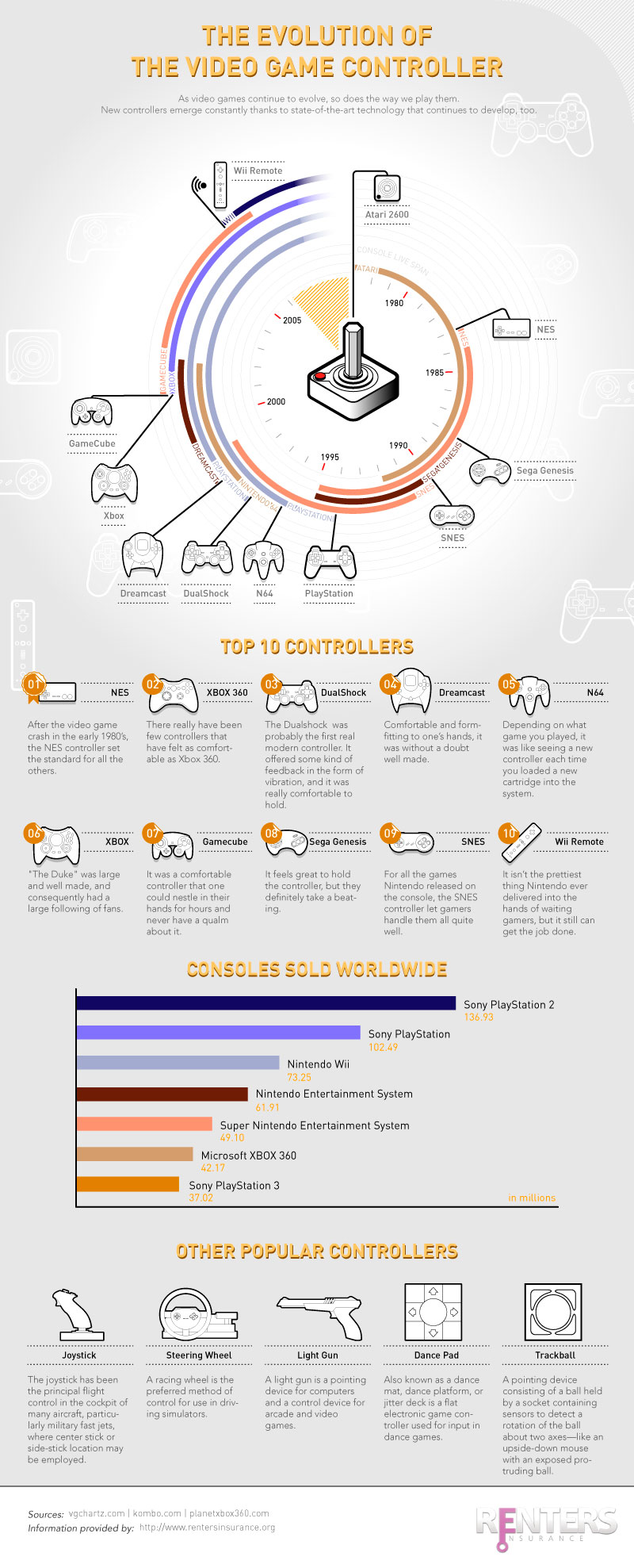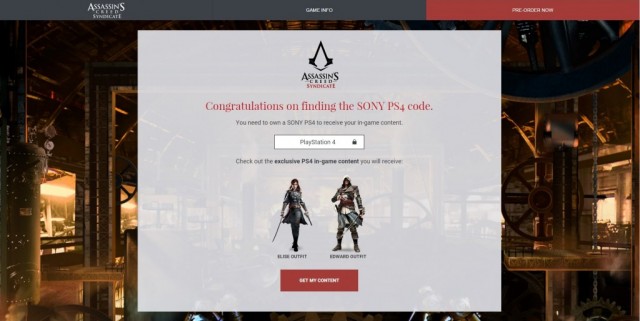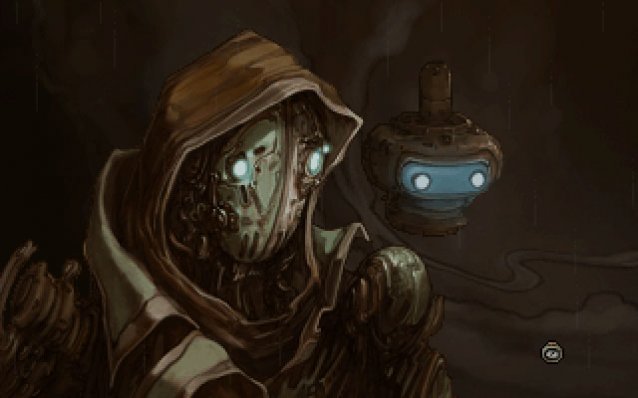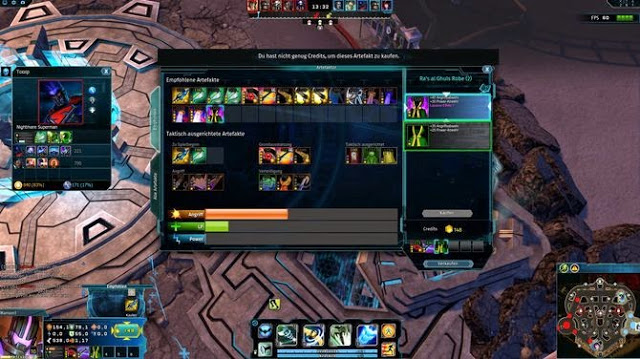

Preordering a game can be exciting, but it comes with some drawbacks. Holding off for a little can save you a great deal of money, time, and frustration.
If you keep an eye on gaming news, you may have noticed a recent story about last year’s highly divisive Simcity release. Maxis has, in the face of continuing player pressure, added an offline mode to the formerly online only game. It’s a move that has many parading out tweets and quotes from the developer about how such a mode was simply “not possible”. The reality, it seems, is that it was “A great deal of work that’s unlikely to generate much more revenue”. I can see why they didn’t go with that wording. It comes off a little more willfully resistant.
This addition, arriving over ten months after the game’s launch, may feel like too little, too late. Many extended Maxis and EA the benefit of the doubt in the face of launch woes. Lots of games have rocky launches, and given a few weeks, developers tend to sort out what’s wrong and clean up their messes. Once basic playability was restored, however, players began to test the claims of the simulation’s complexity. They were promised smart citizens, each simulated pursuing his or her own needs. They got citizens who didn’t know how to avoid basic traffic issues.
They got citizens who would go without jobs and amenities as long as they could find parks and low taxes.
EA and Maxis publicly lied about the game’s capabilities, and let down every player who pre-ordered the game or purchased it on day one. It’s a wake up call to video game fans everywhere. If we can’t depend on publishers and developers to deal with us honestly, we have to learn to protect ourselves from bad purchases.
Imagine that a brand new model of car has just arrived at your local dealership. You’re in the market for a new vehicle, and you want to see if it lives up to all of the hype it’s seeing in the press, so you drop in for a visit at the dealership.
The car is even more beautiful in reality than it was in the pictures. It’s loaded with all the features you’ve been looking for, and it’s the perfect size for the lifestyle you live. Naturally, you call out to one of the sales associates, and ask her if you can take it for a test drive.
“Well, we can’t actually let anyone behind the wheel until next week,” she tells you. “Even journalists for the big auto news websites can’t drive or report on these until the non-disclosure agreement is lifted. But I’ll tell you what: If you pre-purchase this car right now, we’ll give you a custom hood ornament that only pre-order customers get. What do you think?”
If you would look at this car dealer like she’d grown a second head, you’re likely in good company. Of course you’d never buy it without, at the very least, reading car reviews from experts you respect. You’d want to get behind the wheel for a bit too, to see how it handles. No hood ornament, no matter how prestigious, is enough to justify a blind purchase based on hype alone.
And yet, with video games, pre-order bonuses, like Simcity’s Heroes & Villains set, are more than enough to convince many to buy without the full story. You can protect yourself from many awful purchases by giving a game as little as three days in the wild. That’s more than enough time for the games press to snap into action with anecdotes and reviews that reveal the very problems that would have blindsided you had you made an uninformed purchase.

A publisher can’t reasonably give truly critical DLC to pre-order customers only. Give new games time to face judgment. Missing out on an exclusive weapon skin or side quest is a small price to pay to protect yourself from sending sixty dollars down the drain. Many games even offer their preorder bonuses for a small price later if you decide you really have to have them.
You can go to college to get a degree in marketing. Think about that for a moment. You can spend multiple years learning how to get people to go through the whole spectrum from disinterested, to curious, to invested, and even to frenzied about a product or service to the point where they’re recommending it to friends and defending it on message boards.
This doesn’t make marketers bad people, but you have to remind yourself regularly that it’s their job to make you want things. Notice how EA can market Dragon Age: Origins to two completely different audiences by putting the trailer to different music.
If someone stripped these two trailers of all branding, you’d be completely forgiven for assuming that they’re for two different games. One is an inspirational fantasy epic that speaks to the human condition, the other is a vulgar murder fest full of hyper-masculine bravado and take-no-prisoners warfare. At the end of the day, though, audiences that liked each of those trailers ended up at the store to purchase the same game.
Brace yourself when you watch a trailer. Is it filled with pre-rendered video? Does it make outlandish promises that sound too good to be true? It’s fun to get excited about the possibilities of the next great gaming experiences, but you can save yourself a lot of disappointment if you refuse to believe the hype until you’ve seen the evidence.
Simcity isn’t the only game to suffer for its insistence on having a persistent online experience. Blizzard’s World of Warcraft and Diablo 3 both launched with connectivity issues that kept players from enjoying the games they purchased. Battlefield 4’s multiplayer, another EA-published game, arguably the feature players expect to spend most of their time enjoying, still isn’t functioning properly, and that launched in October!
Are critical decision makers making estimates that are too conservative when they budget for servers? Are developers hoping to build for the crowd that continues playing, instead of the glut of players who try the game at launch? Is it all just innocent, unexpected bugs that nobody could have foreseen? Unfortunately, you’re far more likely to get an earful of public relations spin than a transparent answer if you ask anyone involved. All we know for sure is the evidence that is public; no operation, regardless of size and scope, can guarantee an error free online experience.
This is the double edged sword of game-as-service, compared to game-as-product. Games that are services can offer us amazing experiences that need management and infrastructure in order to function, but those same services can be mismanaged or even terminated. Launch day is the point at which player excitement is likely peaking (thanks, in part, to good marketing), but also the point at which a service is most likely to let you down as players storm the infrastructure for days on end, testing it to its limits. It’s a recipe for disappointment, and another reason to wait at least a few days after launch. Once the frenzy has died down, you’re likely to see a much more even online experience.
We live in a world full of incredible resources to help us make informed decisions about which games to buy, but to make the most of those resources, it’s up to us to resist the shiny lures that game publishers dangle in front of us. Take a deep breath and watch preview coverage with skepticism. It can be difficult at times, but it’s a way to protect yourself from games that waste your time and money.
What’s the most disappointing game you’ve ever purchased? Share it in the comments and save your fellow readers from the worst of the worst.
Were you burned by Simcity? Consider these city building alternatives.




 How to increase download speed on PS3, PS4 and PS Vita
How to increase download speed on PS3, PS4 and PS Vita Daylight Review: Scare Generator 3000
Daylight Review: Scare Generator 3000 Primordia Review: A human story in a human-less world
Primordia Review: A human story in a human-less world Infinite Crisis (PC) beginners guide
Infinite Crisis (PC) beginners guide How to get the 8-bit Sword in Hyrule Warriors
How to get the 8-bit Sword in Hyrule Warriors